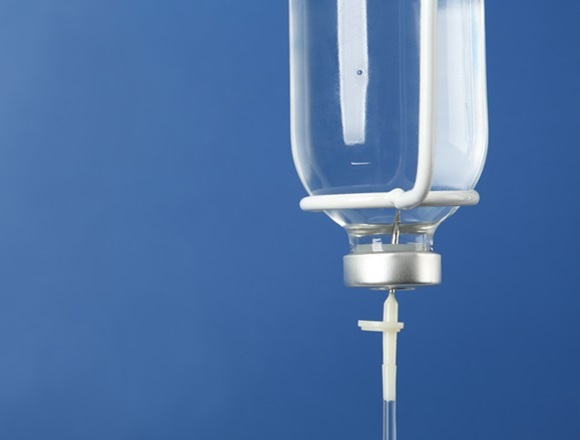References
Carson JL, Brooks MM, Hébert PC, et al; MINT Investigators. Restrictive or Liberal Transfusion Strategy in Myocardial Infarction and Anemia. N Engl J Med. 2023 Dec 28;389(26):2446-2456. doi: 10.1056/NEJMoa2307983. Epub 2023 Nov 11. PMID: 37952133.Background: Over the last several years a restrictive strategy of blood transfusion (with the usual threshold of hemoglobin [Hb] of 70-80 g/L) has become the standard of practice. This rested on studies examining restrictive versus liberal transfusion strategies and showing comparable mortality and morbidity with a marked decrease in blood product use associated with restrictive transfusion protocols. The application of a restrictive strategy in people with myocardial infarction (MI) has been judged acceptable but less clear.
Methods: A randomized controlled trial was performed in people with MI type 1, 2, 4b, and 4c and Hb levels <100 g/L, where type 1 MI implies the occlusion of a coronary artery because of atherosclerotic plaque disruption, type 2 implies a supply–demand mismatch without atherothrombotic plaque disruption, and types 4b and 4c occur in the setting of stent thrombosis or stenosis (for full definitions, see Ischemic Heart Disease).
In each case the criteria require observation of a rise and fall of cardiac troponins with ≥1 troponin value >99th percentile of the upper reference limit (URL), along with either new ischemic electrocardiographic (ECG) changes, development of pathologic Q waves, symptoms of acute myocardial ischemia, imaging evidence of new wall motion abnormality or loss of viable myocardium, or angiographic identification of a coronary artery thrombus.
In the study protocol the restrictive strategy allowed transfusion for Hb ≤80 g/L and strongly recommended it for Hb ≤70 g/L. The liberal strategy aimed at maintaining Hb at a level ≥100 g/L. The main outcome measure was a composite of MI recurrence or death at 30 days.
Results: The study included 3504 patients at a mean age of 72 years. Type 1 and type 2 MI were most common (42% and 56%, respectively). The mean entry Hb was 86 g/L, and the mean creatinine level, 124 micromol/L. Approximately one-third of patients had a preexisting cardiac disease (MI, 31%; percutaneous coronary intervention, 33%; heart failure, 31%) and almost 50% had a degree of renal dysfunction. The mean number of red-cell units transfused was 0.7 in the restrictive arm and 2.5 in the liberal arm.
The primary outcome (recurrent MI or death) occurred in 16.9% versus 14.5% patients (restrictive vs liberal group; risk ratio [RR] after adjustment for missing data, 1.15 [95% CI, 0.99-1.34]). This effect was more pronounced in patients with type 1 MI than in those with type 2 MI: the RR for the primary composite outcome was 1.32 (95% CI, 1.04-1.67) versus 1.05 (95% CI, 0.85-1.29), respectively. The 30-day mortality was 9.9% versus 8.3% (RR, 1.19; 95% CI, 0.96-1.47), and MI reoccurred in 8.5% and 7.2% of the patients in the restrictive versus liberal transfusion group (RR, 1.19; 95% CI, 0.94-1.49). Heart failure occurred with similar frequency in both groups (5.8% vs 6.3%), but there were fewer transfusion-associated cardiac overload events in the restrictive strategy group (0.5% vs 1.3%).
Conclusions: The authors concluded that although the results for the primary outcome were of borderline statistical significance, the point estimates were consistently favoring the liberal transfusion protocol, especially in patients with type 1 MI.
McMaster editors’ commentary: This study included over 3 times as many patients as all previous studies performed in this population. The result will likely shift the threshold for transfusion towards more liberal one, especially in patients with type 1 MI. The application to type 2 (demand-related) MI is less clear, but even in this group there is no signal of harm and the effort associated with this large study is unlikely to be repeated.
 English
English
 Español
Español
 українська
українська











